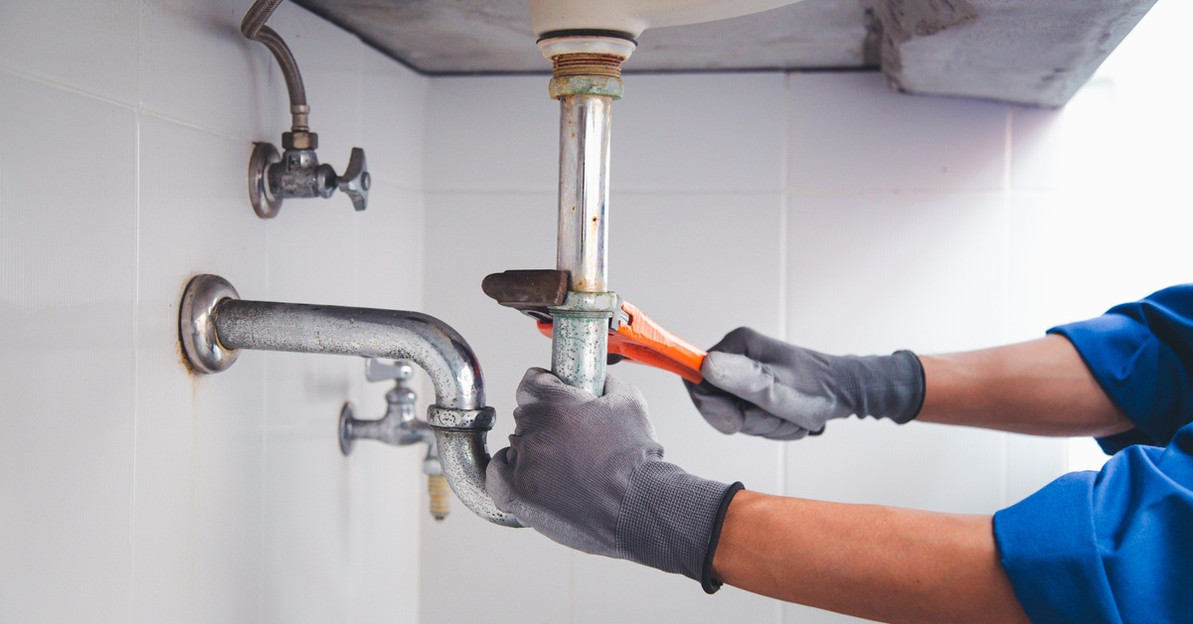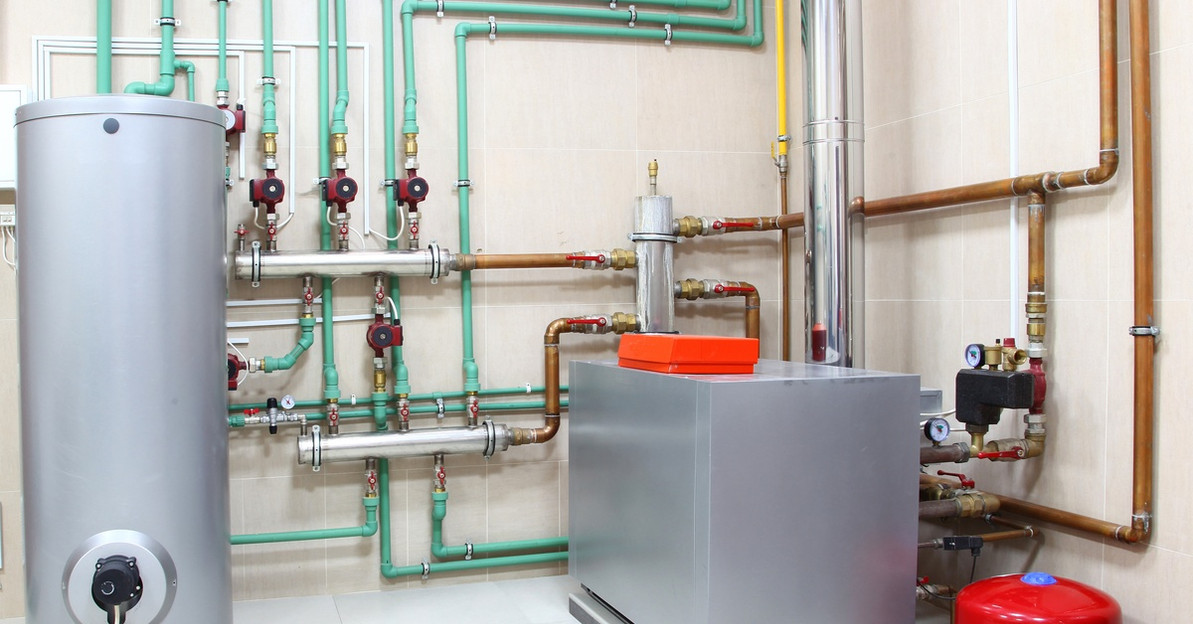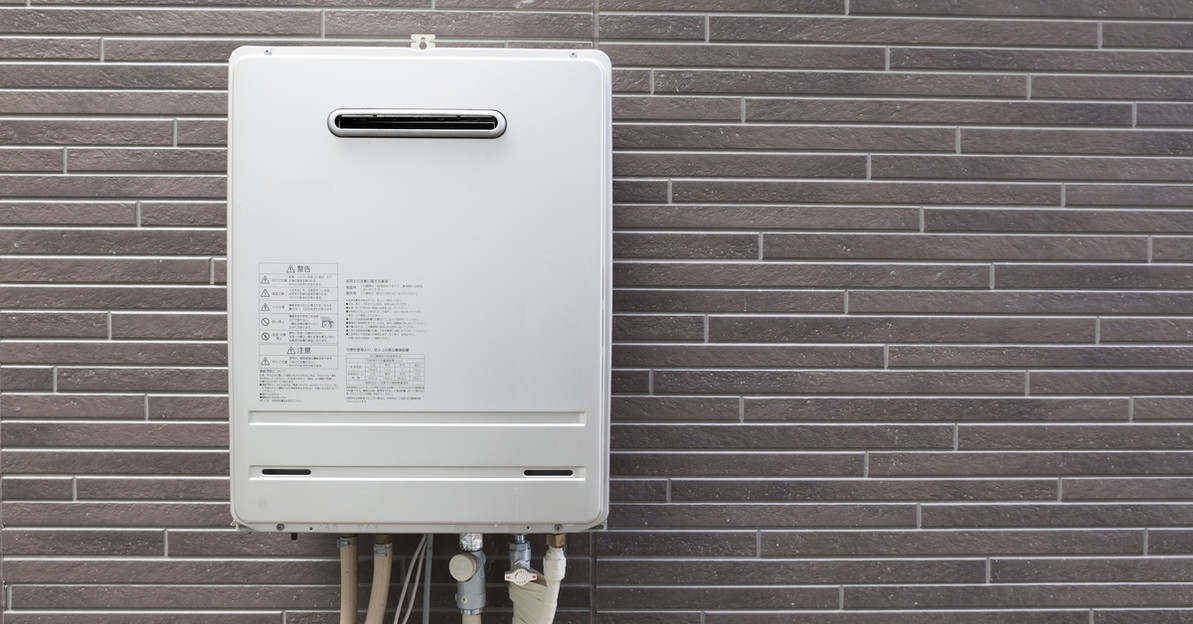What To Look For in a New Sewage Pump for Your Home
A reliable sewage pump is essential for maintaining a clean and functional home, particularly in areas susceptible to flooding or where the main drainage system sits higher than the plumbing fixtures. Choosing the right sewage pump can save you from many headaches, including water damage, health hazards, and costly repairs. Let’s examine a few crucial factors to consider when selecting a new sewage pump for your home.
Type of Pump
Several types of sewage pumps cater to different needs and environments. Submersible sewage pumps, designed for underwater operation, are popular due to their efficiency and quiet operation.
On the other hand, pedestal pumps sit above the sump pit, making them easier to service but potentially noisier. Evaluate your home’s setup and your personal preferences to determine which type will best suit your needs.
Pump Capacity and Power
The pump’s capacity, often measured in gallons per minute (GPM), indicates how much waste it can handle. A higher GPM rating promotes more efficient waste removal and reduces the risk of overflow.
Additionally, pay attention to the pump’s horsepower. More horsepower means better performance, particularly in homes with high waste volume due to frequent use.
Material and Durability
Cast iron and stainless steel sewage pumps offer superior strength and corrosion resistance, which can extend the pump’s lifespan. While plastic pumps are affordable, they might not withstand harsh conditions as well. Invest in a durable material to avoid frequent replacements and enjoy long-term reliability.
Noise Level
The amount of noise your sewage pump makes can significantly affect your comfort, especially if the pump operates frequently or it is near living spaces.
Submersible pumps tend to be quieter than pedestal models, but checking reviews and product specifications for noise ratings can help you make an informed choice. Selecting a quieter pump can enhance your home’s overall ambience by minimizing disruption.
Backup Systems
Power outages and pump failures can lead to severe complications, including basement flooding. A backup system, like a battery-powered pump or an alarm, provides an extra layer of protection. This safety net ensures continued operation during power failures or alerts you to potential problems before they become significant issues.
A new sewage pump serves as a critical investment in your home’s infrastructure. With the right pump, you’ll have one less thing to worry about, knowing that your system can handle whatever comes its way. When you know what to look for in a new sewage pump for your home, you can be confident that its vital systems will run smoothly.
Recent Posts
-
Must-Have Tools for Tackling Plumbing Clogs
Clogs are one of the most common issues professional plumbers will encounter on the job. These clogs …Dec 29th 2025 -
A Guide to Implementing Indirect Water Heating With Boilers
Choosing the right water heating method for your home or business significantly impacts energy effic …Dec 9th 2025 -
How Tankless Water Heaters Can Benefit Commercial Kitchens
A commercial kitchen operates at a fast pace and maintains very high performance standards. Every pi …Dec 3rd 2025





